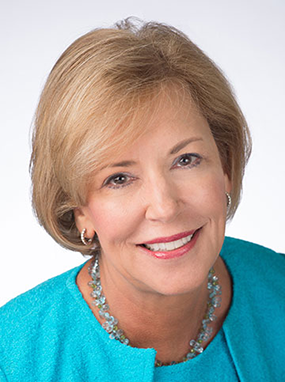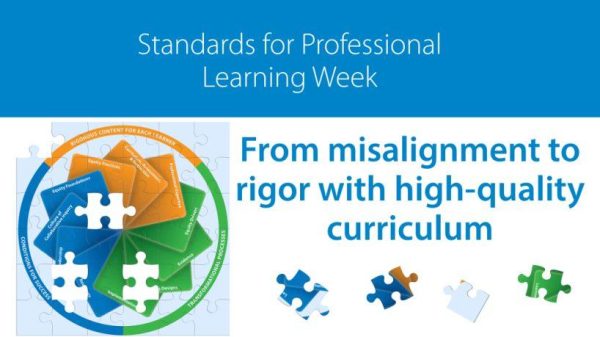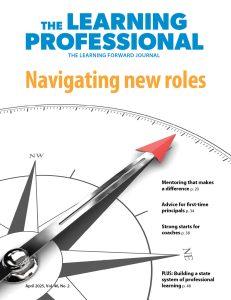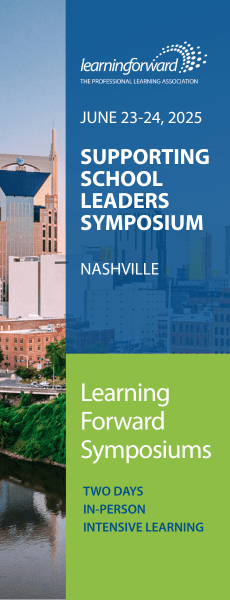I remember how excited I was to begin my teaching career. My principal handed me my keys, my textbook teacher’s edition, and the district curriculum guide. I spent hours imagining how I would transform my classroom into an amazing learning space.
I also assumed there would be guidance to ensure my success, but that wasn’t the case. Instead, curriculum meetings focused on how to ensure the chapters were sufficiently covered by the end of the year. I turned to my department chair for guidance. She offered to observe and give me feedback. After one observation, she confided that I was the first teacher to ask for feedback and she wasn’t prepared to help me. I was on my own.
Today, I imagine all the critical skills for life I never taught my students: missed opportunities to reinforce reading and evaluating texts, discerning points of view, making a persuasive argument, and more. But how was I to know without the colleagues and materials to guide me in developing my lessons?
Pivot to curriculum
Learning Forward’s pivot to high-quality curriculum and team-based professional learning, as outlined in our recent report, is a direct effort to address that need for guidance. Why focus on curriculum?
Because we have never before been deliberate in the identification of instructional materials that clearly align with standards we expect students to master.
Because we have never before been intentional in aligning our PLC cycles to deep study and discussion of what is in the materials before we start building lessons and assessments for students.
Because we have never before had such compelling evidence of the power of these kinds of materials in the hands of teachers.
Because if we are truly committed to equity, we must embrace those things that make the biggest difference for students who need the most support: a teacher empowered with the materials that expect and support students to do challenging grade-level work.
Because we have long heard that the biggest mistake associated with adoption of new standards was the lack of support for teachers and coaches — and, as a result, the misconception that this is just a slight change in what you already do.
And because we let too many publishers get by with slapping an “aligned with Common Core” label on their materials.
Teachers who get it
What does it mean when we say that teachers in a school or district recognize the importance of a curriculum and planning quality lessons with colleagues? These teachers:
- Know deeply the standards and prerequisite skills their students are required to master.
- Are skilled at the pedagogical content strategies essential to ensuring all students can access the standards and curriculum.
- Are confident in their ability to plan and sequence lessons that lead to student mastery of standards.
- Know when and where to access expertise to meet students’ needs and do so regularly.
- Share responsibility for the success of their students.
- Use a PLC process that focuses them where their students struggle with standards and how their instructional materials are designed to address it.
- Evaluate their instructional materials through a personalized learning lens that considers Universal Design for Learning, student culture, and specific learning needs.
- Know how to assess and select instructional materials that align to standards and translate them into powerful lessons and assessments that facilitate high levels of learning.
Does this match what you see in your school or district? If not, I suggest reading our report, High-Quality Curricula and Team-Based Professional Learning: A Perfect Partnership for Equity. Better yet, attend Learning Forward’s Summer Institutes July 19-22 in Portland, Oregon. The theme is Committing to Equity and Excellence: The Power of Integrating Instructional Materials and Professional Learning. Learn from the experts why and how high-quality materials and a PLC process to support implementing them are critical to teacher and student success.
This post originally appeared in Learning Forward’s PD Watch.
About the author
Stephanie Hirsh is executive director of Learning Forward.








